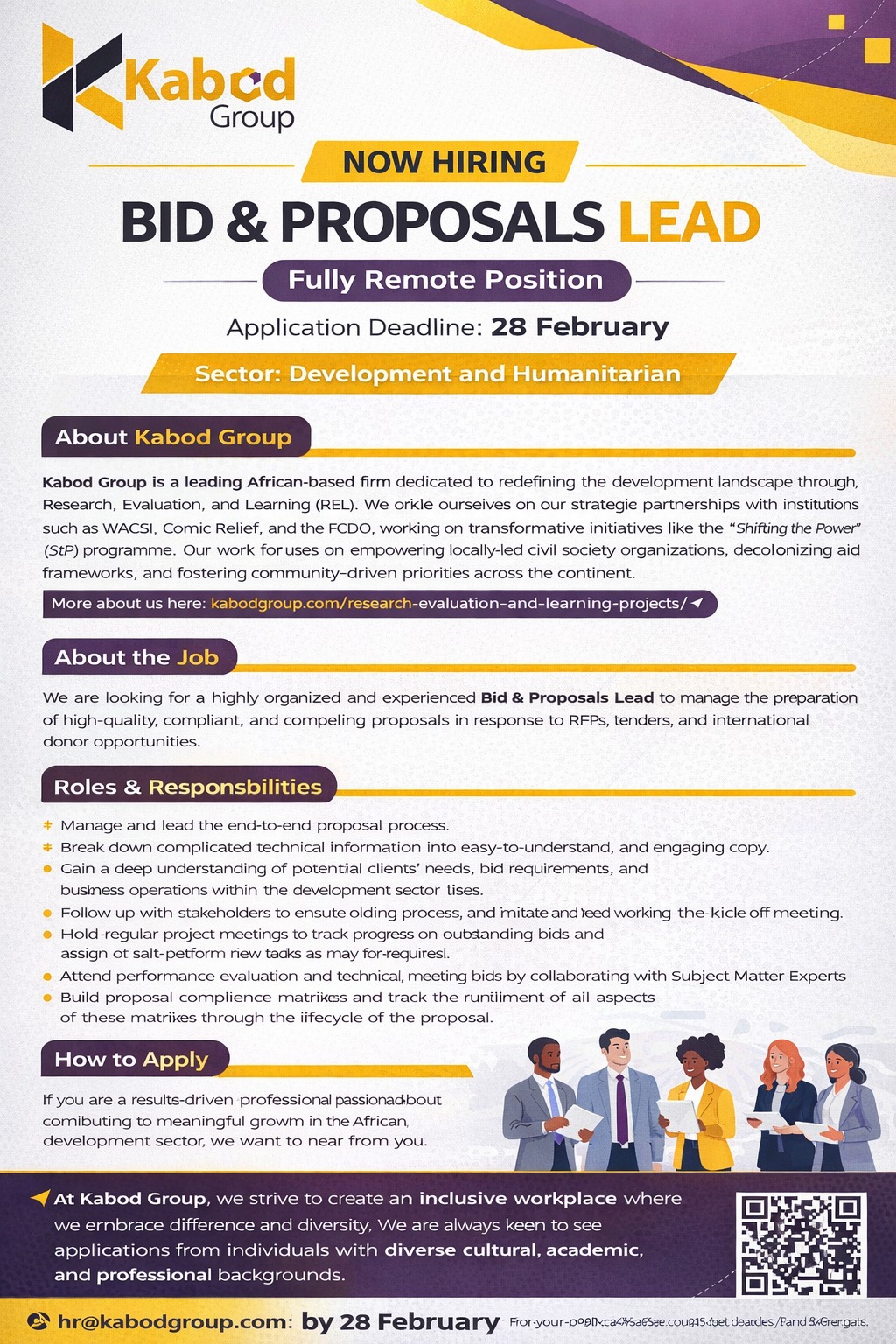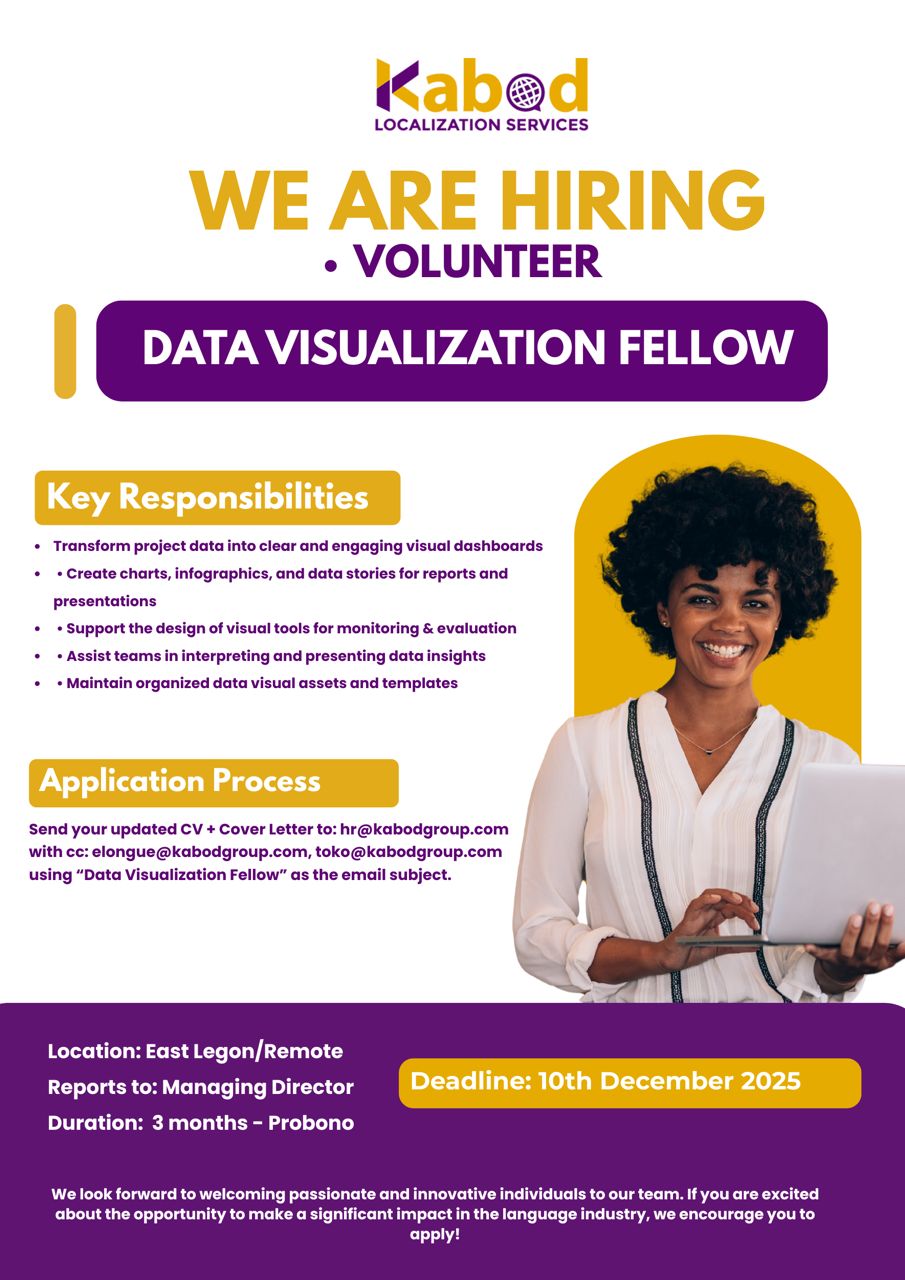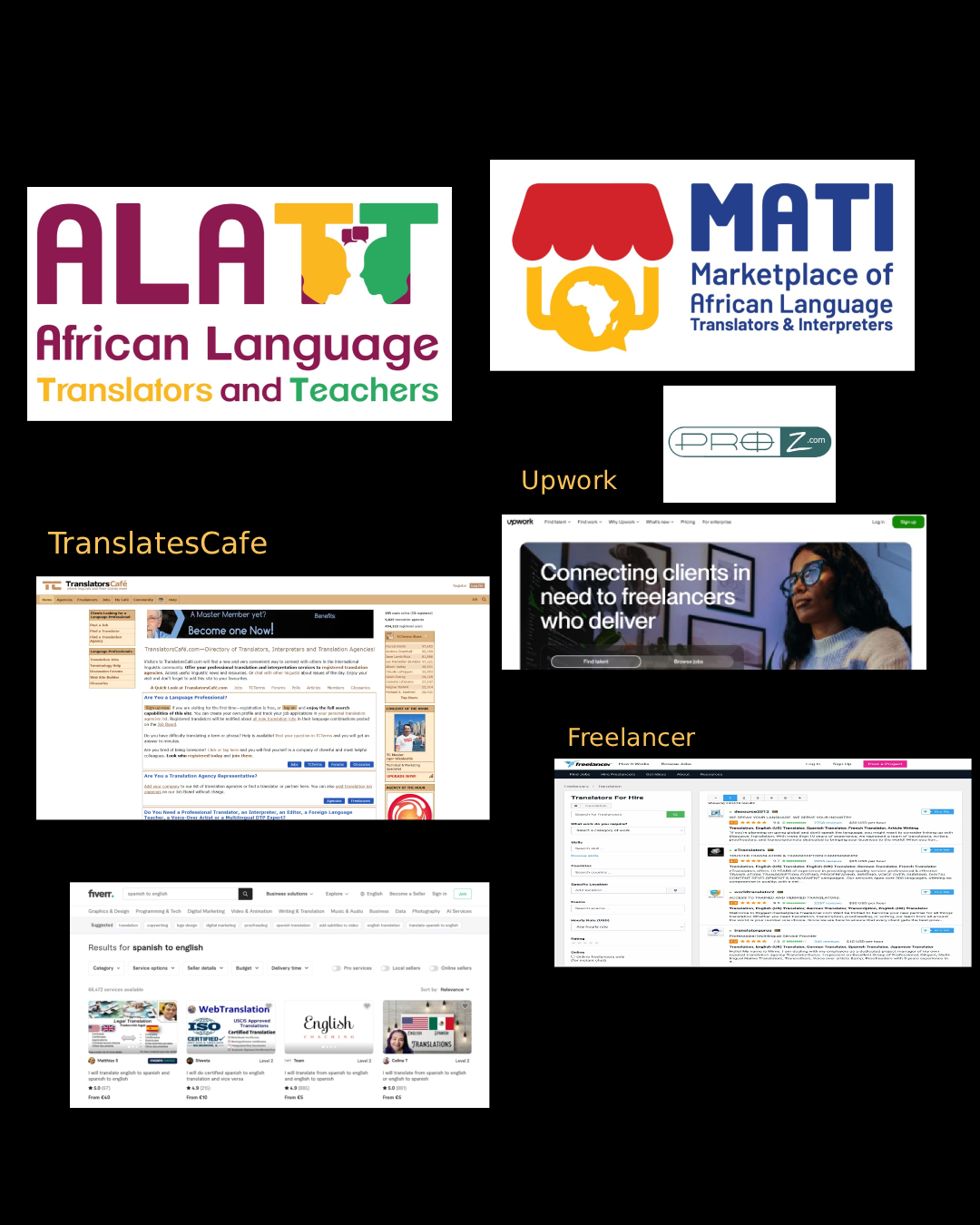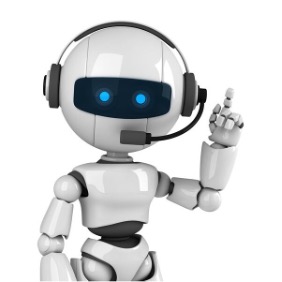
The language industry in Africa is rapidly evolving. As CEO of Kabod Localization Services (KLS), I witness the immense potential—yet also the intense disruption—brought by AI, machine translation, and digital technologies. By 2025, AI-powered translation tools are projected to handle up to 90% of all manual translation tasks worldwide, and the market for real-time AI translation is set to hit $7.4 billion. Many professional linguists are understandably anxious: A 2024 survey found over three-quarters of translators expect AI to affect future incomes negatively.
But this wave is not a death sentence for African language professionals—it’s a call to adapt, specialize, and elevate our value. Here’s how we can do just that:
1. Specialize in High-Value Niches
AI excels at speed and bulk tasks—but it still struggles in areas requiring deep context, nuance, or sector expertise. African linguists can secure their position by:
- Focusing on complex domains: Legal, medical, diplomatic, literary, and technical translations often require more than literal meaning—cultural sensitivity, regulatory compliance, and specialized vocabulary are vital, and clients pay a premium for accuracy.
- Engaging in localization: Adapting content for local markets (not just translating) demands deep cultural fluency. For instance, at KLS, localizing software into major African languages for NGOs increased client retention by 21%.
- Offering rare language pairs: With over 2,000 African languages, AI is limited by scarce datasets. Specializing in under-resourced languages—from Ewe to Kikongo—makes you indispensable, especially for NGOs and governments needing quality and trust.
2. Embrace Hybrid and Value-Added Services
- Demand for Post-editing of machine translation (PEMT) is rising as clients want fast, affordable machine output but require human quality control, especially for sensitive contexts.
- Focus on project management and QA as you can oversee multilingual projects where you combine AI tools and human linguists for scalable, high-quality delivery.
- Transcreation and creative adaptation:Marketing and storytelling projects rely on creative flair, voice, and emotion—a role only humans can truly fulfill.
3. Keep Learning and Updating Skills
Stand still and you risk being left behind. Make professional development and tech fluency part of your daily routine:
- Master CAT and AI tools: Learn to use computer-assisted translation (CAT) and AI localization platforms. At KLS, our term base, covering 50,000+ terms across 20 African languages, lets us maintain quality and speed for complex projects.
- Take specialized courses (there are excellent, affordable options on Coursera, edX, and LinkedIn Learning) in your target domains (law, medicine, etc.) and in the latest language technology.
- Follow industry trends and standards by reading key blogs (like Slator or Multilingual), attend webinars and conferences, and listen to language tech podcasts.
Practical skills can help stay relevant as AI increasingly automates translation
As AI increasingly automates translation, practical skills that can help you stay relevant include technical proficiency with AI tools, specialization in niche domains, and enhanced human-centric skills like critical thinking and cultural understanding .
Here’s a breakdown of these essential skills:
- Technical Proficiency with AI and CAT Tools
- Master AI-assisted translation platforms and computer-assisted translation (CAT) tools . This includes understanding how to effectively use machine translation (MT) tools and platforms for tasks like terminology management and maintaining consistency across large projects .
- Develop post-editing machine translation (PEMT) skills . As AI handles more initial translation, the demand for human quality control and refinement of machine-generated content is increasing, especially for sensitive contexts .
- Gain foundational knowledge in programming languages, data analysis, and machine learning . This helps you collaborate effectively with AI systems and adapt to the evolving technological landscape .
- Specialization and Niche Expertise
- Focus on high-value, complex domains . AI struggles with areas requiring deep context, nuance, or specialized knowledge. Industries such as legal, medical, technical, and literary translation demand cultural sensitivity, regulatory compliance, and specific vocabulary, for which clients are willing to pay a premium .
- Offer localization services that adapt content not just for language but also for cultural nuances of specific markets . For African language professionals, specializing in under-resourced or rare language pairs can make you indispensable, as AI has limited datasets for these languages .
- Acquire cross-disciplinary knowledge in fields like law, medicine, or engineering to become an expert in those domains . This allows you to handle specialized texts that require in-depth subject matter understanding beyond what AI can provide .
- Enhanced Human-Centric Skills
- Critical thinking and problem-solving . AI can automate repetitive tasks, but it lacks the capacity for critical thinking or creative problem-solving. You need to be able to diagnose the limitations of AI-generated translations and determine how to improve them . This involves linguistic expertise, analytical thinking, and the ability to evaluate AI outputs and make informed decisions .
- Cultural understanding and insights . AI often struggles with contextual understanding and cultural intricacies . Human translators can provide invaluable cultural insights, ensuring translations convey the intended emotion and meaning, prevent cultural missteps, and add value that algorithms cannot replicate .
- Communication and networking skills . Building strong professional relationships and networking can lead to opportunities and collaborations, especially in a market that still values human expertise and reliability .
- Research skills . Languages evolve, and staying updated with new terminology, slang, and cultural references requires strong research capabilities . This also helps in understanding evolving language use cases, such as public health information .
- Adaptability and continuous learning . The language industry is constantly changing, so a commitment to lifelong learning, staying informed about industry trends, and continuously updating your skills is crucial
4. Build Strategic Networks and Partnerships
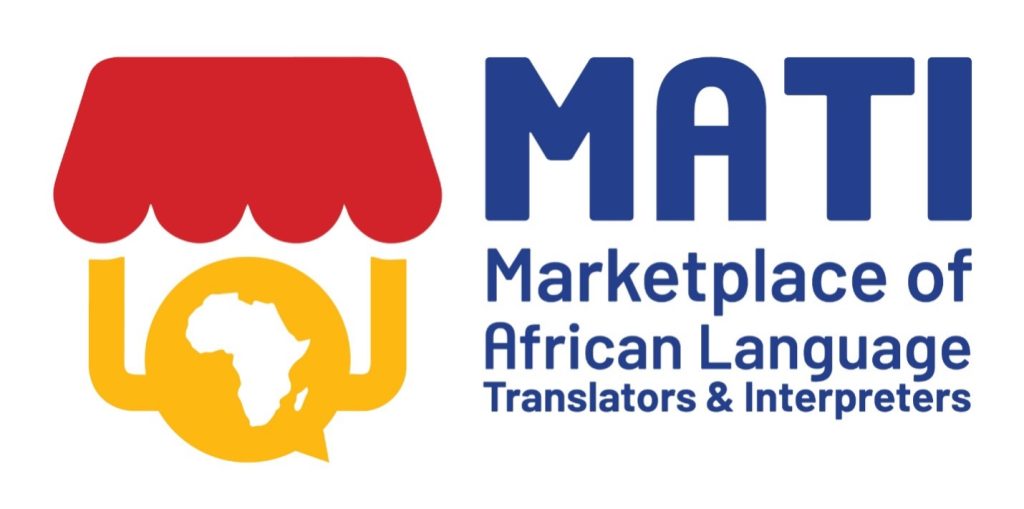
In Africa, relationships matter as much as skills.
- Join and contribute to professional associations such as ALATT and ALCA to access job boards, training, and industry updates.
- Participate in open-source and language tech initiatives like Masakhane to help build African AI datasets and promote local expertise—join them to stay at the forefront and gain visibility.
- Mentor and engage the next generation: At KLS, we actively connect with language students to broaden understanding of career possibilities beyond traditional translation, ensuring a sustainable future for our profession.
5. Demonstrate Unique Value—Go Beyond Words
AI can process language, but it can’t replicate human relationships, ethics, and cultural wisdom.
- Uphold professional ethics: Confidentiality, neutrality, and accuracy are critical, especially in legal, medical, and diplomatic settings where mistakes can’t be undone.
- Provide cultural insights and mediation: Deep cultural understanding helps you advise clients, prevent cross-cultural faux pas, and add value beyond what any algorithm can supply.
- Show ROI: Quantify your impact (e.g., how improved local communication boosted a client’s outreach or engagement by a percentage). For KLS, co-producing a local language guide for South Africa directly resulted in a 21% increase in customers.
Let’s embrace this future—learning, collaborating, and building solutions that keep Africa’s languages and expertise at the heart of the global conversation.
As the Yoruba say, “Ọmọdé gbọ́n, àgbà gbọ́n, la fi dá Ifẹ̀” — “The child’s wisdom and the elder’s wisdom built the city.” Let’s weave the old mat with new tools and keep our industry—and ourselves—relevant for generations to come.

